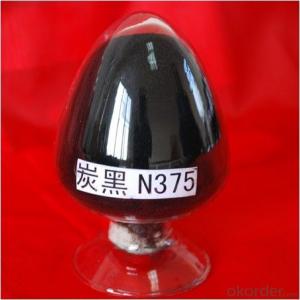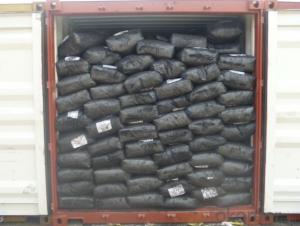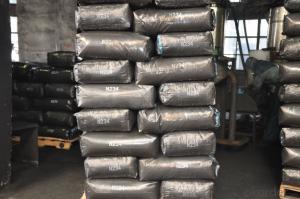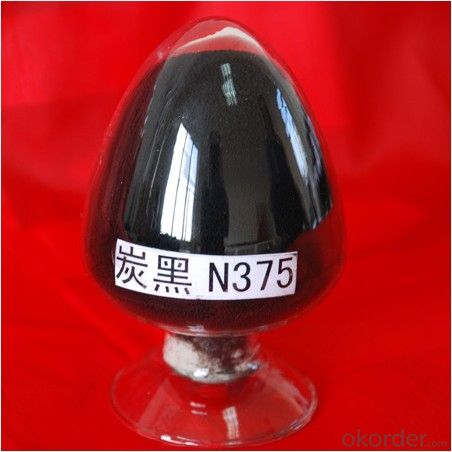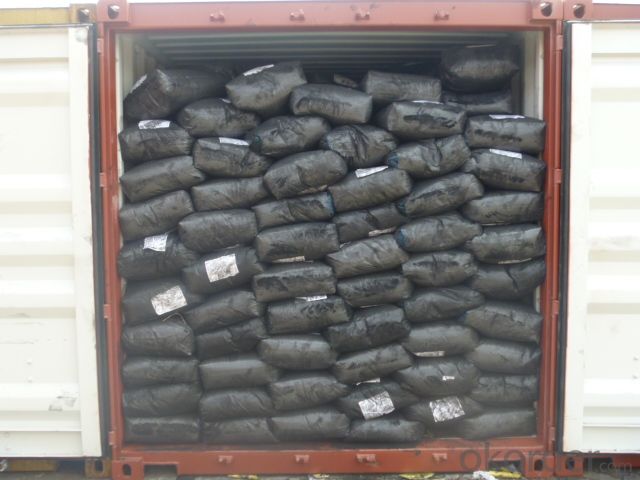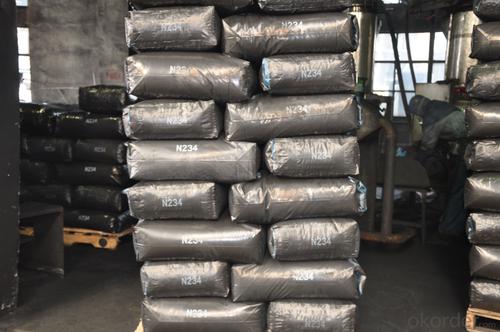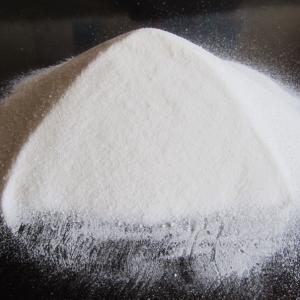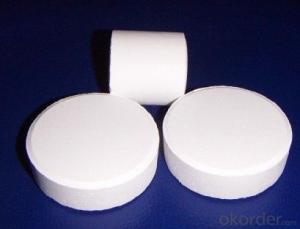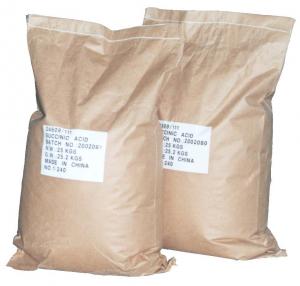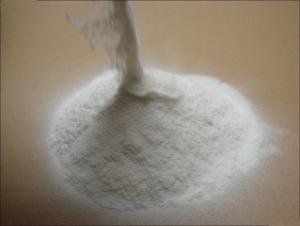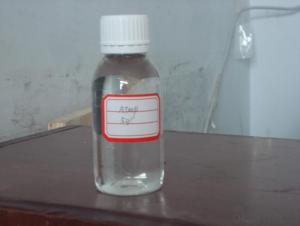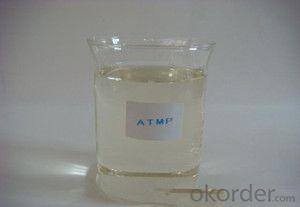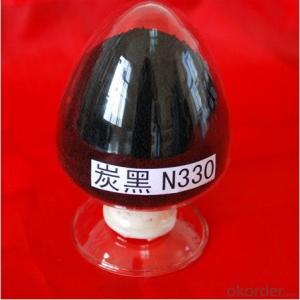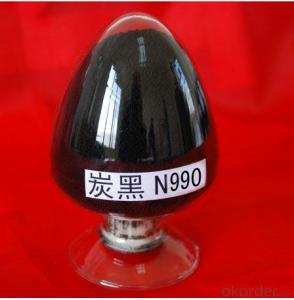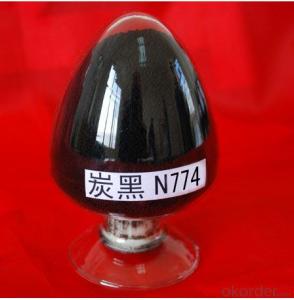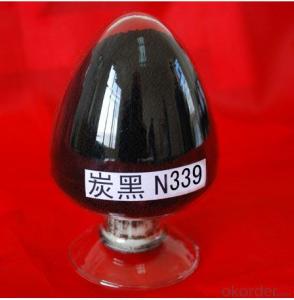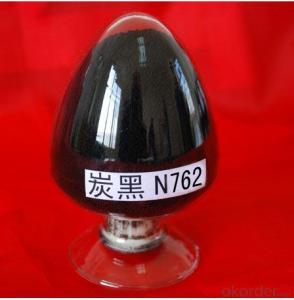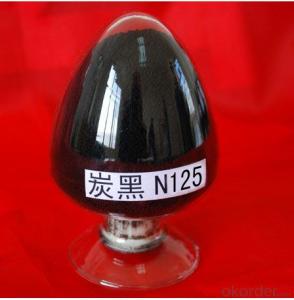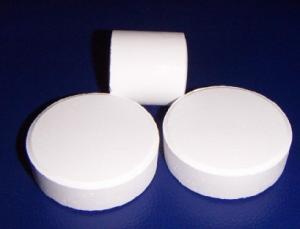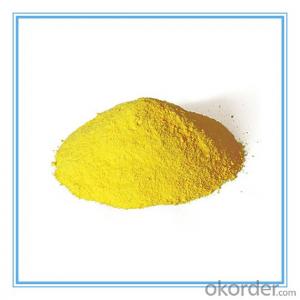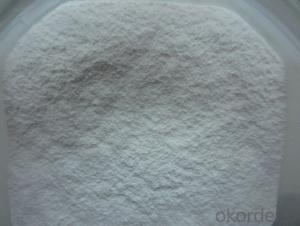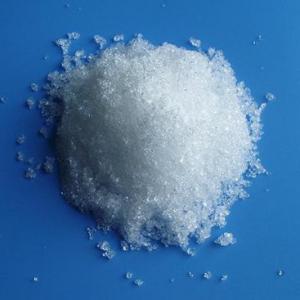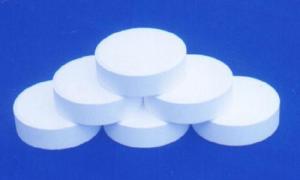Carbon Black N375 Granluar
- Loading Port:
- Tianjin
- Payment Terms:
- TT OR LC
- Min Order Qty:
- -
- Supply Capability:
- 10000MT m.t./month
OKorder Service Pledge
OKorder Financial Service
You Might Also Like
Carbon Black N375 (Granule)
Product Description:
carbon black N375:
1.Usage Rubber Auxiliary Agents;
2.Product Status:Black powder or granular;
3.Standard: ISO 9001:2000
Suggest for Use:
1) The purpose of the use of this product is basically the same with the N339, is mainly used for passenger car tire, truck tire, and off-road tire tread rubber, but also to cover the rubber conveyor belt and so on.
(2) The usage and for the FDA In addition to structural and thermal, chemical and biological thinning slightly lower than the N339, other usage and acting on the N339 is basically the same
TDS of the Carbon Black N375
Product Varieties | N375 | Pouring density(kg/m3) | 305~385 |
Iodine absorption Value(g/kg) | 85~95 | 300%modulus(Mpa) | -0.9~1.1 |
DBP absorption Value (10-5m2/kg) | 109~119 | Ash content | ≤0.6% |
24Mn DBP(10-5m2/kg) | 91~101 | 45um sieve residue | ≤0.05% |
CTAB surface area(103m2/kg) | 90~102 | 500um sieve residue | ≤0.001% |
STSA/(103m2/kg) | 86~96 | Impurity | NO |
Nsa surface area(103m2/kg) | 88~98 | Fine content | ≤10% |
Tint strength(%) | 109~119 | Tensile strength(Mpa ) | ≥-1.0 |
Heatloss(%) | ≤2.5 | Elongation at failure | ≥-40% |
Safety:
As a matter of good industrial hygiene, gloves and safety glasses with side shields or better eye protection should be worn when handing Carbon Black ,For more information, refer to the MSDS.
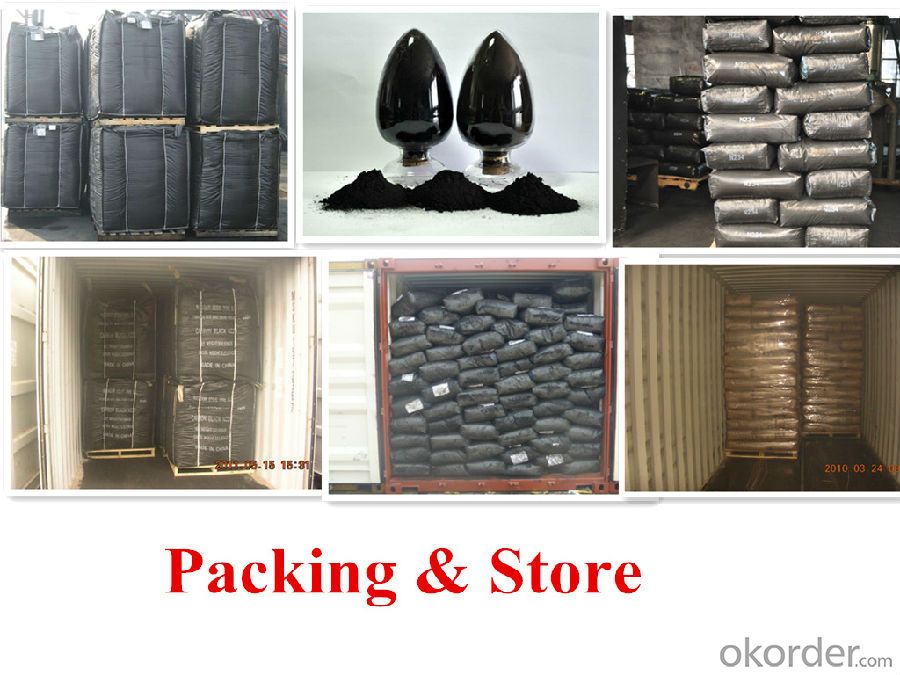
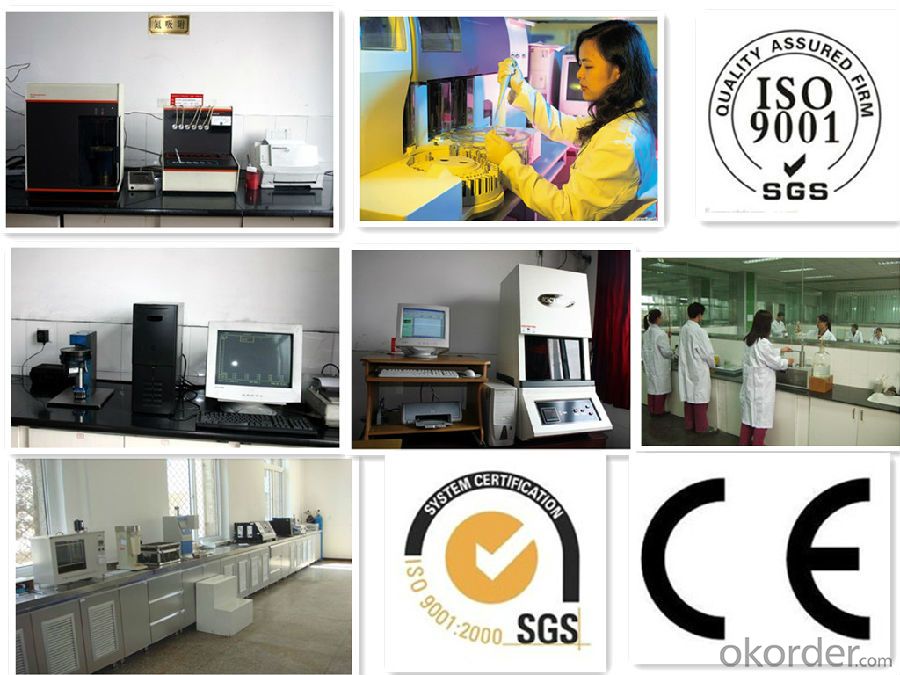
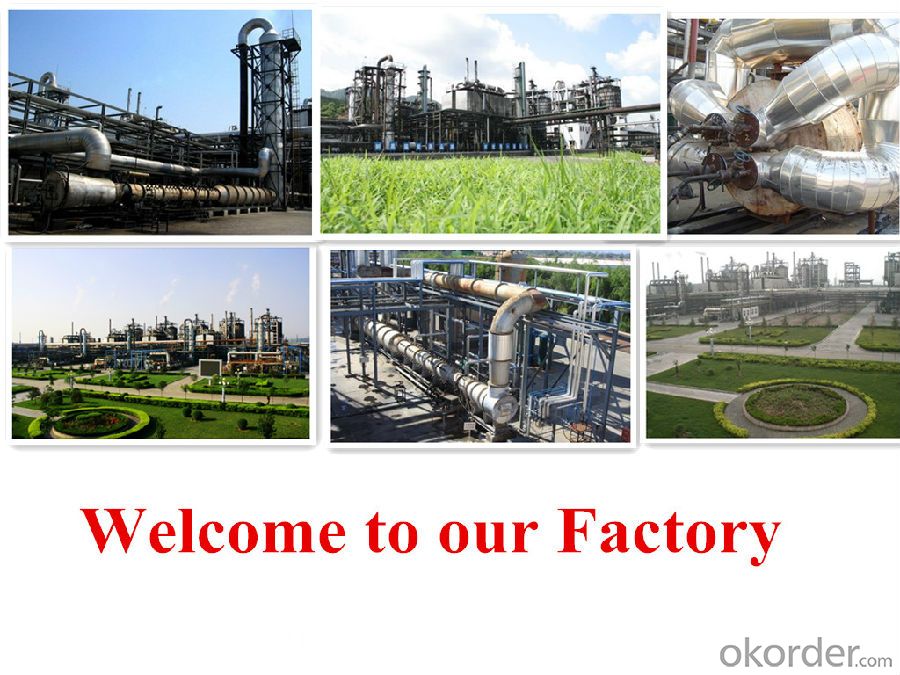
- Q: Is the catalyst used in the starch phosphate reaction
- (Cat1, cat2, cat4 and cat5) in the presence of terephthalic acid,
- Q: The role and significance of chemical catalysts
- To speed up or slow down the chemical reaction is to make the chemical reaction more direct, simple and straightforward to adopt
- Q: In the catalyst and light conditions to break down the water to get the chemical equation of hydrogen
- 2H2O = (light or catalyst) 2H2 ↑ + O2 ↑
- Q: What is the nature of the chemical catalyst?
- Catalyst is the chemical reaction can change the reaction rate of other substances, and its own quality and chemical properties in the chemical reaction before and after the material has not changed Some catalyst can really slow down the reaction rate, the book said only refers to the usual circumstances , In general, junior high school and high school teaching into the do not do special instructions are understood to speed up the reaction rate. It is only necessary to know that the catalyst is not only used to speed up the reaction rate. Once the reversible reaction reaches equilibrium, adding the catalyst does not break the balance, but at the same time accelerates the forward and reverse reaction rates. The degree of acceleration is the same.
- Q: Can manganese dioxide do any catalyst for chemical reactions?
- The catalyst is selective
- Q: and what type of macromolecule are they made of? thanks!
- Enzymes okorder /...
- Q: What is the difference between an enzyme catalyst in a living body and a catalyst in chemistry?
- The enzyme has a high degree of specificity
- Q: High school stage which organic chemical reactions do not use catalyst
- Aldehyde and silver ammonia solution reaction, and the new system of Cu (OH) 2 reaction.
- Q: I need to name 3everyday catalysts for my chemistry homework. I don't want anything complicated there must just be 3 easy ones out there... Then could you please state what each one is used for? Please do it like this, e.g.Hello ; used to say hi to someone. I know that's a bad example but please!!
- Hello ; Chemical catalysts are substances that increase the rate of reaction (while remaining themselves chemically unchanged: Polyethylene, the polymer used to make everything from: 1. garbage bags and 2. grocery bags, to 3. squeezable bottles, to 4. cable insulation, is made by passing ethylene gas over a catalyst. Most other polymers are made in the same (or similar) way. Synthetic rubber, nylon, polyester, PVC, teflon, etc. It's not hard to think of 10 uses for these catalyst-produced materials alone... e.g. : 5. rain coats 6. pantyhose 7. water pipes 8. bouncy balls 9. non-stick surfaces and pads 10. saran wrap 11. food containers 12. cell-phone and laptop cases 13. cheap wigs 14. fishing line... 15. Enzymes are Biological catalysts: 16. beer and 17. bread are typically made with yeast, a living organism containing enzymes I hope this helps!
- Q: Why does the CuO catalyze the reaction rate faster and faster when catalyzing the decomposition of hydrogen peroxide or tell me how to make the catalyst catalyst faster
- Heating or increasing the contact surface of the reactants.
Send your message to us
Carbon Black N375 Granluar
- Loading Port:
- Tianjin
- Payment Terms:
- TT OR LC
- Min Order Qty:
- -
- Supply Capability:
- 10000MT m.t./month
OKorder Service Pledge
OKorder Financial Service
Similar products
Hot products
Hot Searches
Related keywords
